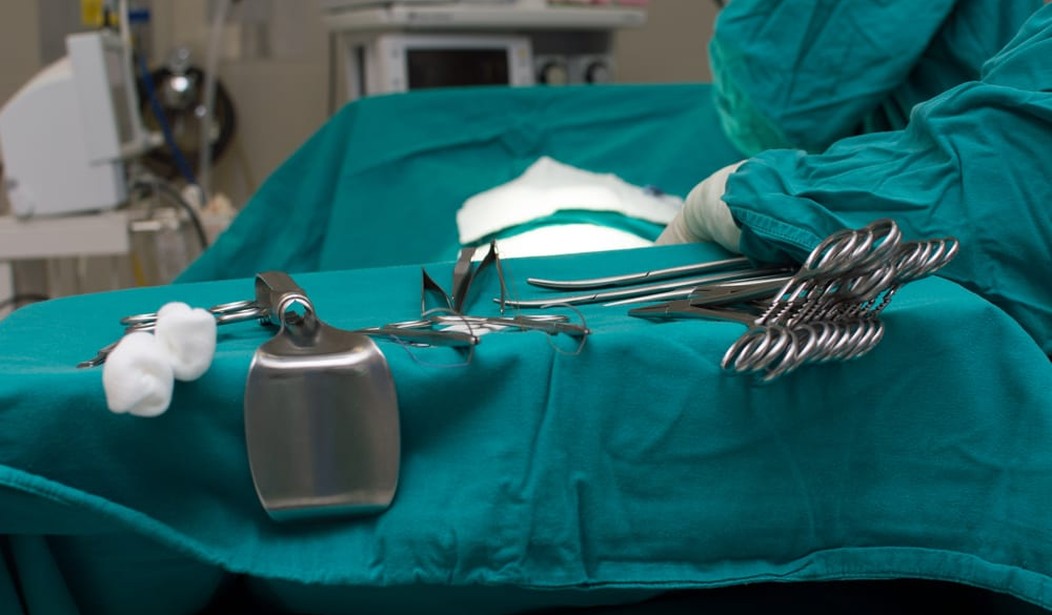We’re probably always going to have human surgeons with us. We need humans to adapt to a changing environment during surgeries should complications arise, which they tend to do during more complex surgeries. Yet robotic “surgeons” are tools currently used to assist human surgeons with routine surgeries. And who knows? Someday those robo-surgeons may well take over the whole operation (pardon the pun).
However, they’ll need to have some major improvements over where they are today. After all, as it stands now the robo-surgeons are more expensive, slower, and not as adept at the surgeries as human physicians working without their help. That’s according to a paper in the Journal of American Medicine.
Researchers at Stanford University took a look at data from 416 hospitals between 2003 and 2015, which should have given them a decent enough sample size to get a good idea of what was going on. What they found was that by just about every metric you want to use, the robot-assisted surgeries just aren’t as good as a surgeon operating alone.
In fact, it appears the cost is over $2,600 per patient more than a doctor flying solo.
But why?
“The simplest possibility is that the optimism about the potential technologies is misplaced and unfounded,” said Erik Brynjolfsson and Daniel Rock (MIT), and Chad Syverson (University of Chicago) in the paper.
However, they aren’t quite ready to accept the simplest possibility.
“Realizing the benefits of AI is far from automatic,” the researchers argue. “It will require effort and entrepreneurship to develop the needed complements, and adaptability at the individual, organizational, and societal levels to undertake the associated restructuring.”
This is a good point. In the grand scheme of things, we’ve only just started utilizing artificial intelligence-like systems for much of anything. In fact, today’s AI isn’t really AI as most people think of the term. There’s no real independent thought taking place. Instead, they basically are acting on a decision-making tree, not all that dissimilar from what you may deal with when you talk to a person on a tier 1 tech support line.
As the technology develops, it will become faster, cheaper, and better… just like pretty much every other bit of technology humans have ever devised. Technology that’s less than ideal today will if allowed to flourish improve at an impressive rate. Before too much longer, humans may not even be needed for surgeries for anything more than a supervisory role and the costs could be minimal.
Unless, of course, we get the government involved further in our healthcare.









Join the conversation as a VIP Member